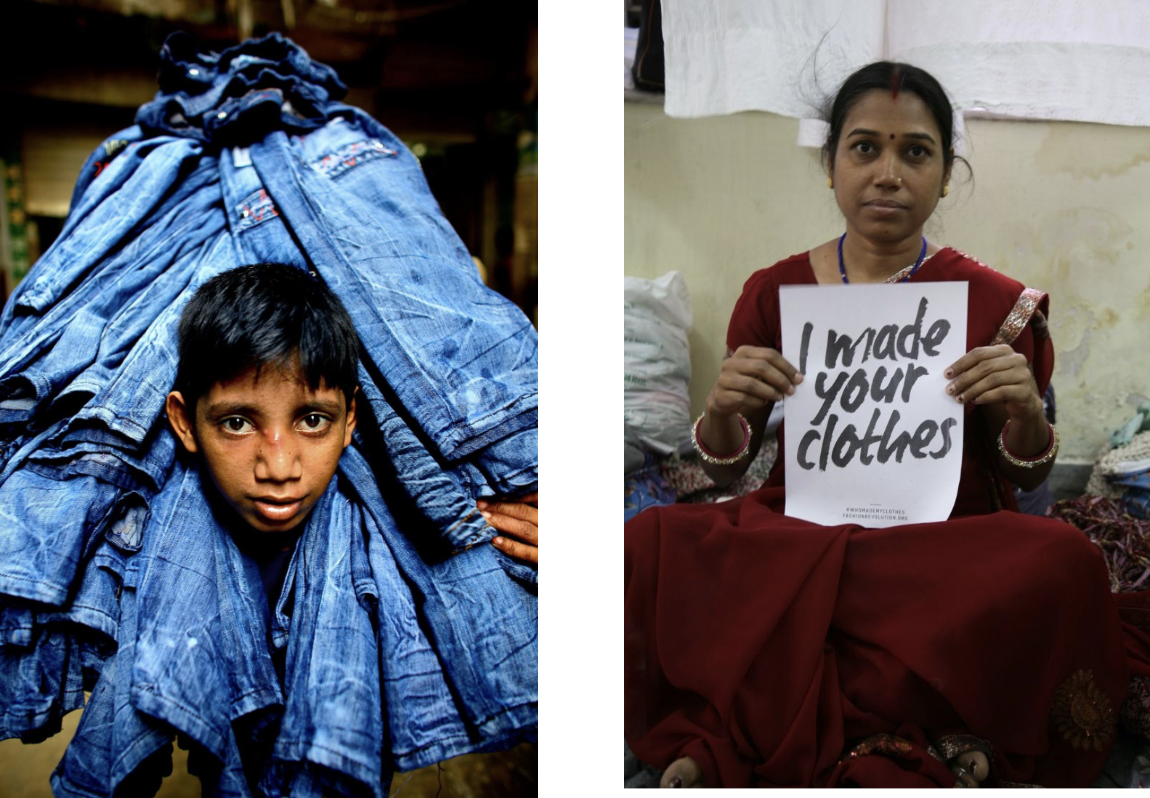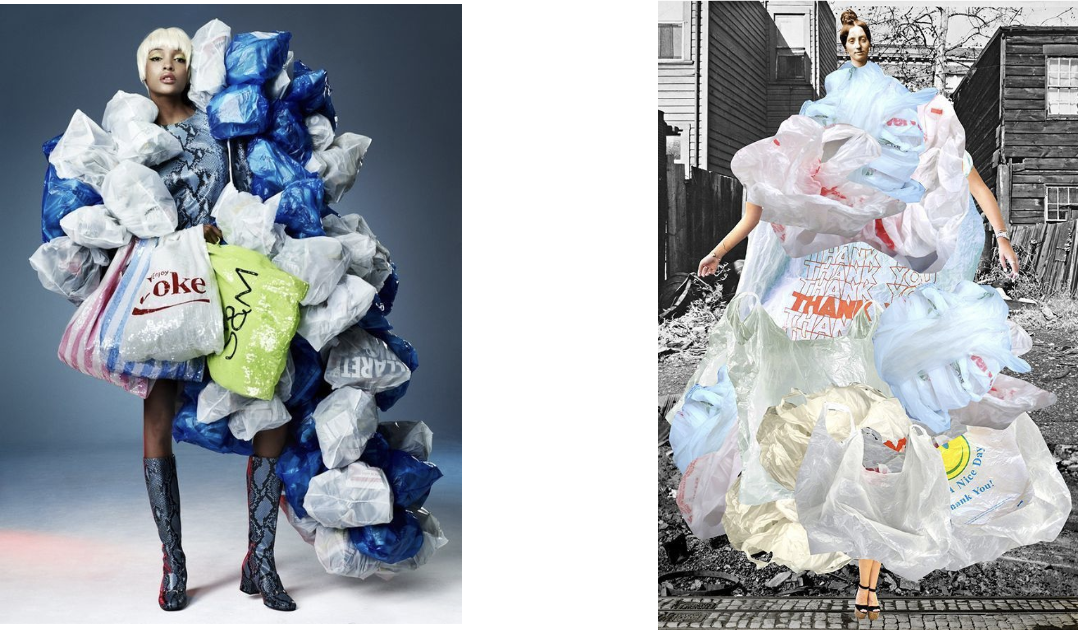3 Reasons Why We Don’t Mass Produce: The Benefits of Slow Fashion
At this current age, climate change is one of the main issues threatening civilization. Multiple factors, such as the excessive release of greenhouse gases to the atmosphere, deforestation, and waste management, cause climate change. The poor control of waste disposal relates to one of the most significant issues in fashion: Fast fashion. Fast fashion is the rapid and cheap production of clothing trends. It is caused by rapid movement from design to store shelves, affordable pricing, and large-scale manufacturing. Here at ALIVE, we understand this is a big issue and are committed to keeping sustainability our core, never-ending mission.
Benefits of Slow Fashion
Reason #1: The Environmental Damage
One of the key reasons why we don’t mass-produce our collections is that fashion requires large quantities of natural resources— like water. Water is used in large quantities to grow cotton, dye fabrics, and run production. Running production releases toxic chemicals into rivers and waterways, harming the environment, habitats, and organisms. A significant portion of the fashion production process involves using factory equipment. Most of these factories rely on fossil fuels, making fast fashion one of the most important contributors to the release of greenhouse gases. Since most of the fast fashion is produced around the concept of fashion trends, these trends don’t last longer than 4 months, leading to massive amounts of textile waste, which ends up in landfills and can take years to decompose. ALIVE understands this problem and is focused on sustainability by sourcing all of its production. Our pieces are ethically produced and manufactured in Turkey. Our factories maintain strong partnerships with leading Turkish yarn suppliers, ensuring close collaboration and staying abreast of the latest materials, colors, and fashion trends.
Reason #2: The Poor Labor Conditions
Most of the fashion industry seeks to maintain low prices and high output; therefore, they outsource their manufacturing to countries where labor is cheap. In fact, according to the Earth Day Organization, “The industry employs approximately 75 million factory workers worldwide, yet less than 2% earn a living wage”. Some of the countries facing this issue are Bangladesh, India, China, Vietnam, and Indonesia. Poor labor conditions affect women and children who seek a way to help support their families. In many cases, workers face verbal and physical abuse, a lack of labor rights, and operate in unsafe buildings. In 2013, this issue finally got the attention of the public with the Rana Plaza collapse in Bangladesh, which caused the passing of 1,134 workers. At ALIVE, we understand this issue’s impact and are committed to ethically producing and manufacturing our pieces. We’ve carefully selected our factories to ensure both high-quality standards and compliance with American laws and policies regarding Labour relations practices.
Reason #3: The Low Quality and Disposable Clothing
Due to the high output and low prices, most of the clothing produced under these conditions is of very low quality. Fast fashion uses cheaper and synthetic fabrics, which are less durable than natural fibers like wool or cotton. The stitching of the garments is also of low quality. They are more prone to tearing and loose threads after purchasing. Overall, the quality of these pieces is so low that they lack longevity. Since the primary intent of fast fashion is to follow specific trends, they are not designed to sustain longevity. This “throwaway culture” fuels overconsumption and increases waste, as most discarded clothing is not recycled or reused. However, some solutions to this problem include thrift stores, flea markets, and online stores. We know that most of our customers invest their money into our dresses, so we care about the high quality of each piece and ensuring high-quality materials.
We Care About Our Customers And The Environment
ALIVE wants the best for our customers and the environment. The negative impacts of fast fashion, including poor labor conditions, low-quality pieces, and environmental damage, are significant issues that must be addressed quickly. Therefore, by taking the necessary steps in our company, we hope to impact society and our customers and incite them to not engage with fast fashion. Together, we can build a future where style, responsibility, and integrity go hand in hand.
Benefits of Slow Fashion
SHOP
Websites: Benefits of Slow Fashion













